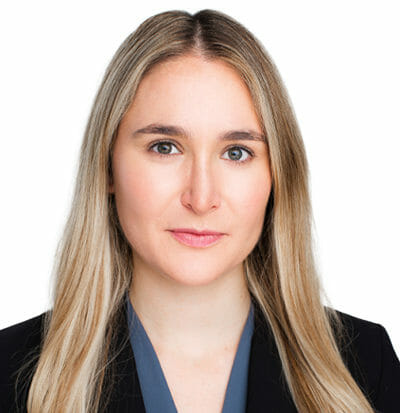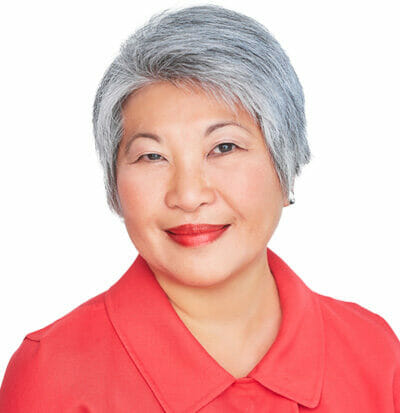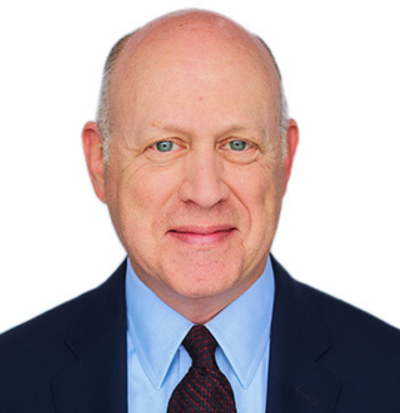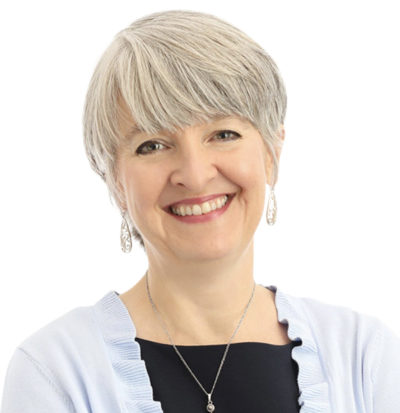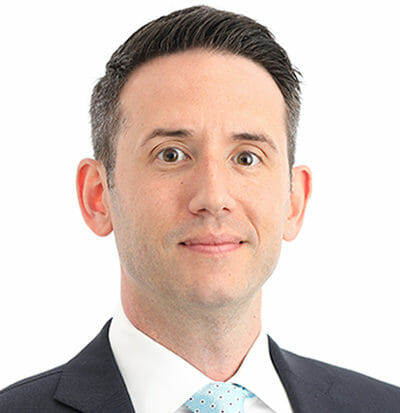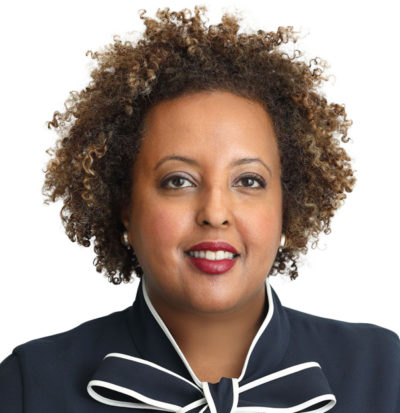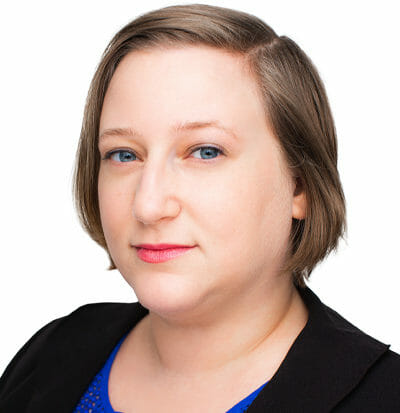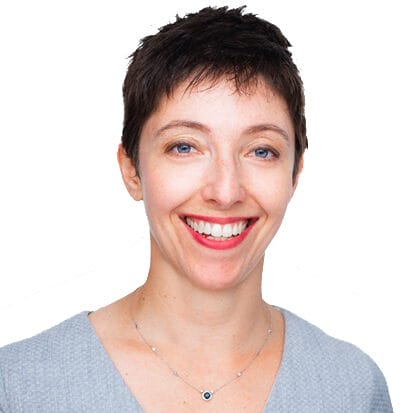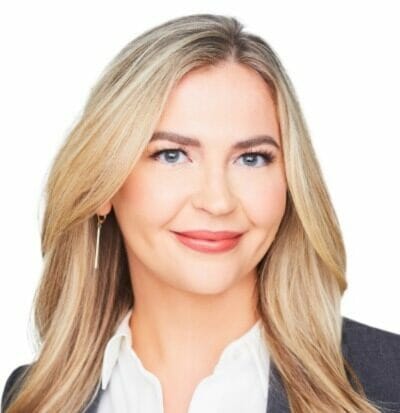The USPTO periodically updates its database of approved identifications of goods and services. https://idm-tmng.uspto.gov/id-master-list-public.html. These changes often are made to conform to updates in the international Nice Classification system. Another source of changes is user suggestions to add identifications for types of goods/services or goods/services which are not well-covered in the existing USPTO Manual of Acceptable Identifications.
Some interesting or important changes since January 1, 2018 include:
- In Class 9, the phrases “computer software” and “computer programs” were formerly acceptable with a description of the function of the software, such as “computer game software.” The updated manual now requires that the software programs must additionally be described as either “downloadable” or “recorded.” The term “recorded” means recorded in a tangible medium, such as a disc.
- A general principle in the manual is that services must be performed for the benefit of others, and not as part of a trademark owner’s internal process in manufacturing its own goods or offering its own services. Accordingly, the formerly acceptable phrase “additive manufacturing” in Class 40 is no longer acceptable. Acceptable new phrases are “custom additive manufacturing” and “additive manufacturing for others.” Similarly, the formerly acceptable phrase “3D printing” in Class 40 has been replaced with the approved terms “3D printing for others” and “custom 3D printing.”
- In recognition of the growing importance of robotics goods and services, many such goods and services have been added, including:
| Class | Description |
| 7 | Robotic exoskeleton suits being machines, other than for medical purposes |
| 9 | Humanoid robots with artificial intelligence |
| 9 | Telepresence robots |
| 10 | Medical robots for use in cognitive therapy for children |
| 10 | Medical robots with attached spoons for assisting physically disabled persons with eating |
| 10 | Robotic exoskeleton suits for medical purposes |
| 12 | Self-driving delivery robots |
| 12 | Self-driving cars |
| 12 | Delivery drones |
| 28 | Smart robot toys |
| 37 | Rental of industrial robots |
| 38 | Rental of telepresence robots |
| 39 | Rental of robotic cars |
| 41 | Rental of robotic drums |
| 41 | Rental of teaching robots |
| 41 | Rental of toy robots |
| 42 | Rental of humanoid robots with artificial intelligence |
| 42 | Rental of laboratory robots |
| 44 | Rental of surgical robots |
| 45 | Rental of security surveillance robots |
- The developing private space satellite launch industry is represented in the approved term “launching of spacecraft for others” in Class 39.
- The developing business of Bitcoin and other cryptocurrency products and services is reflected in the following terms:
| Class | Description |
| 9 | Computer hardware for cryptocurrency mining |
| 9 | Downloadable computer software for managing cryptocurrency transactions using blockchain technology |
| 9 | Downloadable computer software for use as a cryptocurrency wallet |
| 9 | Cryptocurrency hardware wallets |
| 9 | Downloadable computer software for managing and validating cryptocurrency transactions using blockchain-based smart contracts |
| 36 | Cryptocurrency trading services |
| 36 | Financial consultation in the field of cryptocurrency |
| 36 | Cryptocurrency exchange services |
| 36 | Cryptocurrency payment processing |
| 36 | Financial brokerage services for cryptocurrency trading |
| 36 | Providing on-line non-downloadable computer software for use as a cryptocurrency wallet |
The USPTO often makes applications more complex and more expensive by classifying goods in different classes depending on the material from which they are made. For example, “metal screws” are classified in Class 6 (for metal products) and “non-metal screws” are classified in Class 20 (for plastic products). The single word “screws” is deemed too vague. Occasionally, for the sake of simplicity, the Nice Classification authorities reverse such hyper-specificity. That was recently done with “metal name badges” in Class 6, “paper name badges” in Class 16, and “plastic name badges” in Class 20. Now, the term “name badges” is accepted in Class 16, regardless of the composition of the badges.
Some new or interesting miscellaneous services or products added in 2018 or 2019 include “dietary supplements with a cosmetic effect” in Class 5, “wearable computers in the nature of smartwatches,” “wearable computers in the nature of smartglasses,” “laser projection virtual keyboards,” “wireless charging pads for smartphones” and “selfie sticks,” all in Class 9, “glucose meters” or “glucometers” in Class 10 (personal devices for persons with diabetes to measure their blood sugar), “personal appearances by an actor as a spokesperson for entertainment and education purposes” and “presenting live cosplay entertainment events” in Class 41.
The USPTO added various articles of traditional or religious clothing in Class 25, including “niqabs,” “chadors,” “burkas,” “prayer shawls,” and “tallits.”
Foreign food terms recently added to the ID manual include the fermented mare’s milk beverage from Mongolia called “kumiss” in Class 29, “tajine stew,” a kind of North African stew made in a special cooking vessel called a tajine in Class 29, and a type of cornmeal bread or cake from Central America called “arepas” in Class 30.
Terms added in Class 34 for non-traditional (no combustion) personal smoking devices include “devices for heating tobacco for the purpose of inhalation” and “devices for heating tobacco substitutes for the purpose of inhalation.”
–DE





